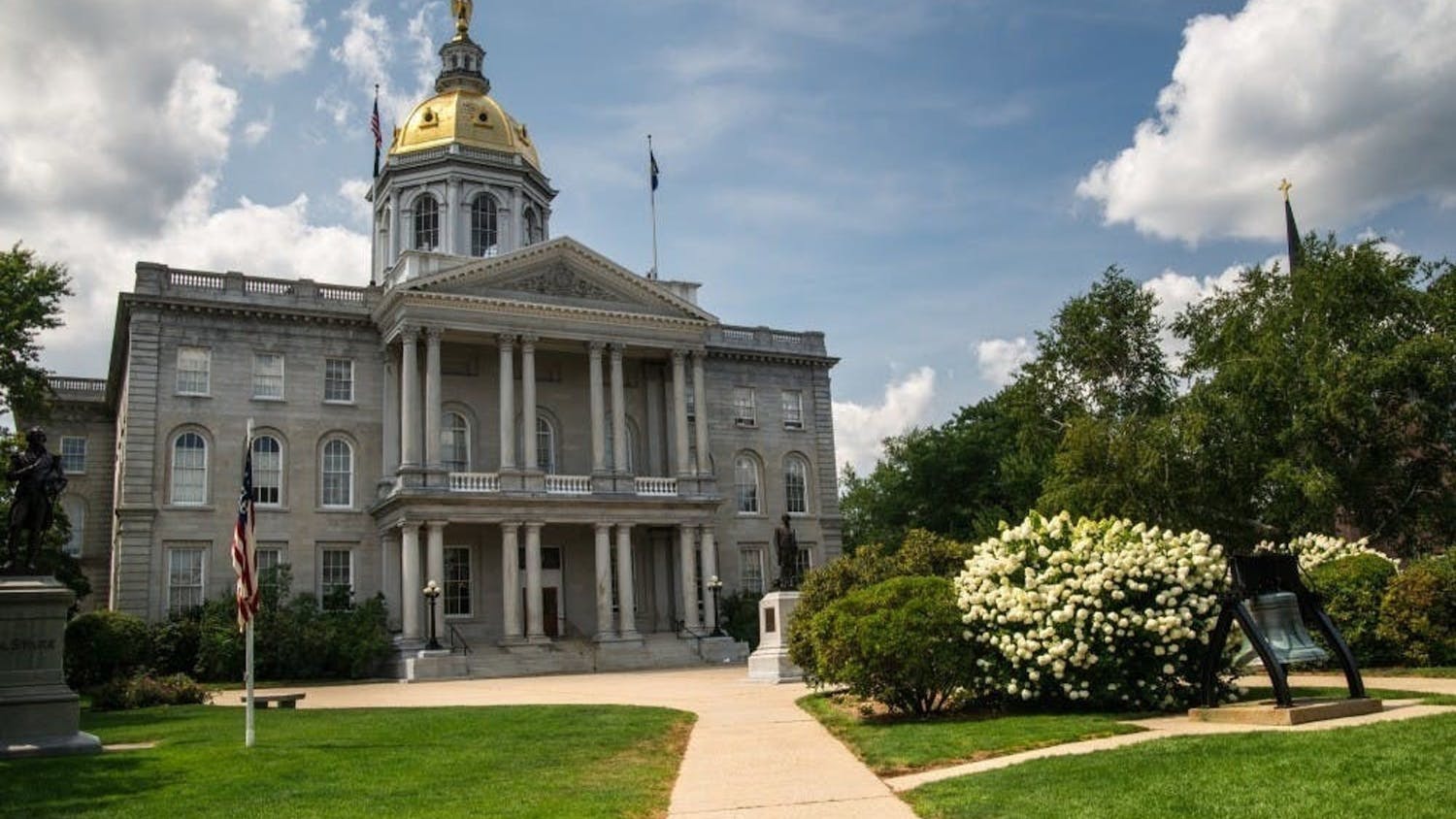To some Dartmouth students, receiving a degree may be all the proof they need that they accomplished something over their last four years. Some Dartmouth musicians, however, also choose to demonstrate their development through culminating senior recitals.
Senior recitals typically consist of three to four memorized pieces chosen by the musician to showcase his or her talents. Though the music major requires some form of culminating experience, performing a recital is just one of many options. Students who arrange senior recitals often have personal motivations to make that choice. Pianist Carrie Ann Davison ’17, who performed her senior recital in spring 2017, chose to do so because of her attachment to the pieces that she wished to perform. Davison became entranced by “Estampes,” a 1903 piano composition by Claude Debussy, during one of her most memorable Dartmouth experiences.
“I started ‘[Estampes]’ when I was on a Music FSP in Vienna during my sophomore spring,” Davison said. “I just absolutely loved that piece. I kept playing it throughout the rest of my two years, and it ended up in my senior recital as well even though I had been playing it for a long time.”
Davison’s finale, “Tarantella da Guillaume Louis Cottrau” by Franz Liszt, has stayed with her for even longer.
“I chose [Liszt’s ‘Tarantella’] because I had always liked the piece since high school and it’s really flashy and showy and it’s a good piece to end with,” Davison said. “So by senior year I finally had the technical skills to show it off. It was a really great way to see my improvement throughout the four years.”
Davison is not alone in her desire to demonstrate her improvement over her time at Dartmouth. Eddie Pyun ’18, a cellist with the Dartmouth Symphony Orchestra, hopes to prove the musical development he’s made at the College for his recital in May 2018.
“The intent is to showcase my musical development and accomplishment while I’ve been in college,” Pyun said of his upcoming performance. “A sort of culmination of my efforts.”
Some students are able to plan for their senior recital long before their senior year begins. Cheryl Chang ’18, a flutist who will also perform her recital during the spring 2018 term, remembers the long road that led to her current rehearsal process.
“I came into college knowing that I would probably do a senior recital,” Chang said. “I didn’t do one at the end of high school, but I attended a couple. And last year I went to a couple senior recitals of friends as well. So I know what it looks like and I know what it takes to prepare for one. I guess it’s just a matter of picking your repertoire and then just practicing a lot.”
Students are careful in choosing their music in order to show that they are far from two-dimensional musicians. Chang believes that senior recitals should contain a diversity of musical style.
“In a traditional senior recital, you should take a few pieces that are contrasting in both time period and maybe tempo,” Chang said. “For instance, I’m playing a baroque piece, and then a romantic piece, and then a modern piece. And I personally love chamber music, so I’ll throw in a chamber piece with two of my friends.”
Pyun has the same belief about diversity of style in a recital.
“You want to have a good variety,” Pyun said. “I’ve heard it described that a good program of music should be like a well-balanced meal. There are going to be your staples, perhaps your main courses. And you’re also going to have your desserts, and your sides.”
The recitals also allow students to reflect on their time studying music at Dartmouth. Looking back on the years leading up to her recital, Davison is reminded of a professor who had a particularly important role in her musical development.
“I took piano lessons with professor Greg Hayes and I had been with him since freshman fall,” Davison said. “Throughout the four years he suggested a ton of pieces, but he was wonderful in that he always let me choose which pieces I wanted to do. I got to choose the ones I truly enjoyed. [Hayes] worked with me to really change my technique so I could be more efficient in expressing music. It was really meaningful to work with him to do this final piano recital.”
Chang believes that she will remember her time practicing music at Dartmouth as a welcome diversion from academic pressures.
“It’s a good way to balance out my academic life,” Chang said. “Playing music is a good reason to take a break from all the science and academic stuff I do.”
Looking back on his musical development, Pyun is proud of his achievements.
“The thought does occur to me that, wow, before college I would not have been able to play any of this music,” Pyun said. “But I’ve worked and I’ve progressed to the point that this stuff absolutely is in reach.”
Though these recitals provide an opportunity for students to showcase their own musical improvement, they know from their study of music that art is about more than just one person’s accomplishments.
“Even though it is a senior recital and theoretically it’s kind of like a celebration of my achievement, at the end of the day, it’s still a recital,” Pyun said. “The intent is still to provide a great musical performance for the people who attend. And as with any musical performance, my hope is that the audience will leave impacted by the music.”



